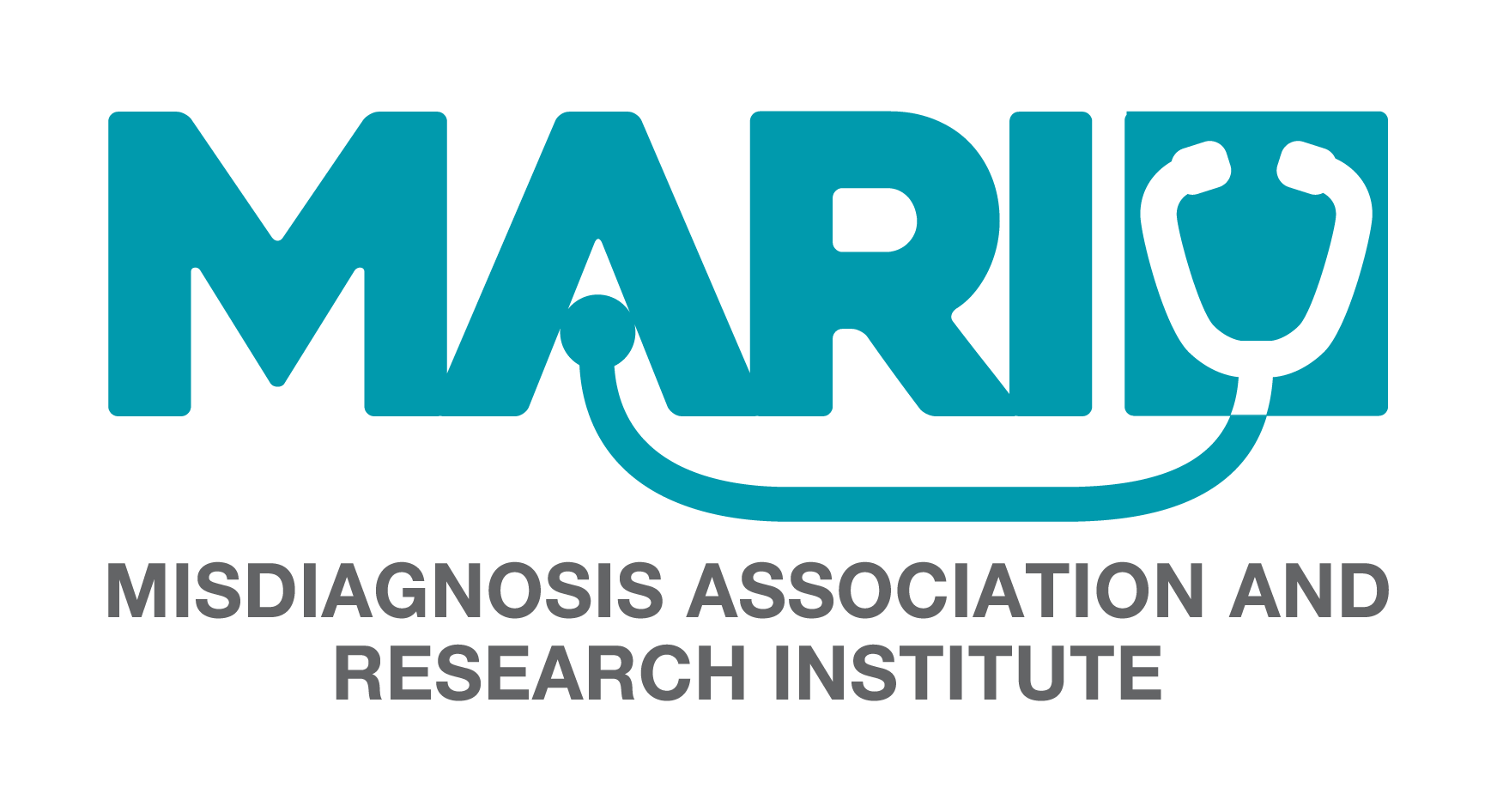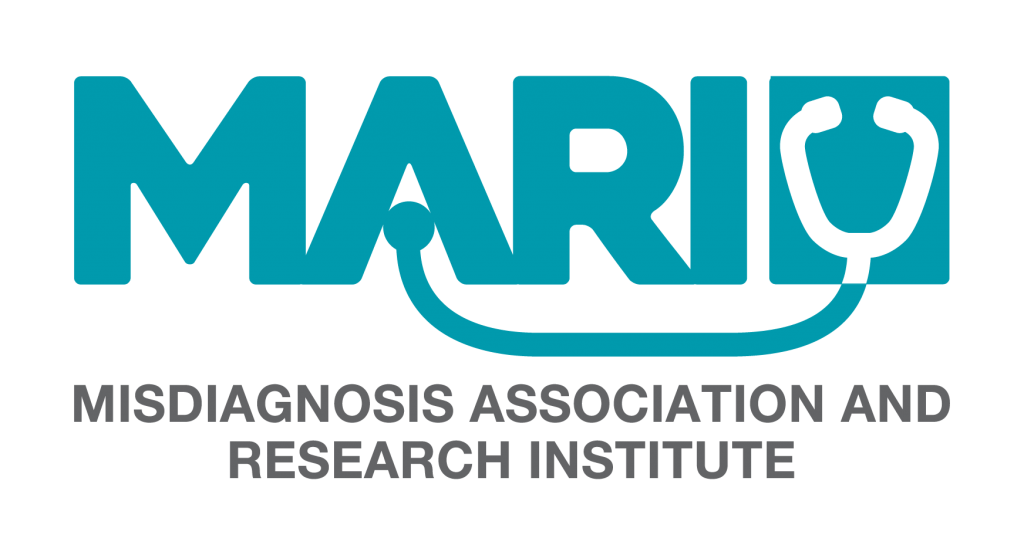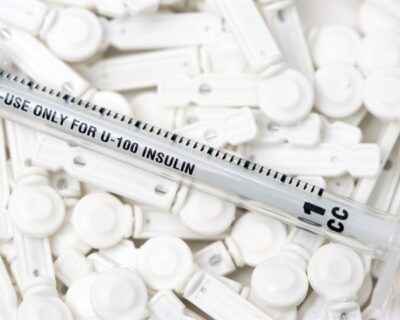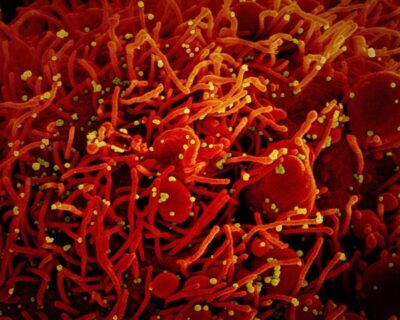
How High Cholesterol Affects Your Risk of Certain Cancers
- According to a new study, cholesterol may have a role in cancer cells becoming more resilient and able to spread.
- When cancer cells strive to migrate beyond the original cancer location, they become “stressed.” They frequently perish before they can migrate.
- According to new research, excessive cholesterol levels may help cancer cells survive this stressful process.
You’re probably aware that high levels of “bad” cholesterol have unfavorable health consequences,
such as an increased risk of heart attack and stroke.
However, a recent study reveals that high cholesterol levels are linked to an increased risk of breast cancer spreading,
as well as poorer results for many other cancers.
Cholesterol levels were connected to cancer cells being more resilient, according to a recent study conducted by senior author Donald P. McDonnell, Ph.D.
The researchers were particularly interested in how some cancer cells are able to survive stimuli in the body that would ordinarily cause cell death.
What the study found
Researchers from Duke University College of Medicine’s department of pharmacology
and cancer biology have now been able to explain how breast cancer cells use
cholesterol to acquire a tolerance to stress in their new study.
When cancer cells strive to migrate beyond the original cancer location, they become “stressed.” They frequently perish before they can migrate.
In a statement, McDonnell stated, “Most cancer cells die as they try to metastasis – it’s a highly stressful process.”
Some cells, however, do not die as they migrate, causing tumours to form in other places of the body.
Researchers may be able to better treat cancer if they can figure out why some cells are able to resist this stress — and thus cell death.
“Those that don’t die have this ability to bypass the cell’s stress-induced death mechanism,” McDonnell added. “We discovered that cholesterol is necessary for this ability to function.”
As malignant cells multiply and multiply
As malignant cells multiply and multiply, it’s anticipated that those cells that are resistant to cell death will produce more cells that are resistant to cell death as well.
McDonnell noted that the cells that are resistant to this cell death process are likely to be one-of-a-kind and that when they reproduce, they will produce other cells with the same properties.
A relationship between high cholesterol and estrogen-positive breast and gynecologic malignancies had previously been discovered by this study team.
They discovered that estrogen-dependent tumors could benefit from cholesterol components, some of which are estrogen-like, resulting in cancer proliferation.
They discovered that tumors that were not estrogen-dependent propagated faster with elevated cholesterol, but the mechanism was unknown.
“Understanding this mechanism has revealed new techniques that could be effective in the treatment of advanced disease,” McDonnell added.
While much of the prior study focused on breast and other gynecologic malignancies,
it now appears that the same cholesterol-enhanced mechanism can be seen in other tumors and cancers, such as melanoma.
What is cholesterol, basically?
Cholesterol is a fat-like substance that aids in the production of hormones and chemicals that aid in the digestion of food.
Cholesterol isn’t all terrible.
High-density lipoprotein (HDL) and low-density lipoprotein (LDL) are the two types of cholesterol (LDL). HDL is known as “good” cholesterol because it transports cholesterol to the liver, where it is excreted from the body. Because LDL cholesterol is deposited as fat, it is referred to as “bad.”
Because the body produces all of the cholesterol it requires for these beneficial processes, any extra cholesterol is stored as fat.
When the body has too much cholesterol, it can lead to negative health issues including heart attacks and strokes, which can be caused by smoking, lack of physical activity, and certain food habits.
People with high cholesterol levels are more likely to acquire cancers such as colon, rectal, prostate, and testicular cancer, according to Dr. Wasif Saif, medical oncologist and Deputy Physician-in-Chief and medical director at Northwell Health Cancer Institute in Lake Success, New York.
Those with a higher BMI are also more likely to develop endometrial, esophageal, liver, kidney, pancreatic, gallbladder, and even breast cancer.
Cholesterol-lowering drugs, according to McDonnell, should be used in cancer treatment.
“All of the evidence we’ve collected over the last ten years working on this topic, as well as work from other labs, shows that cholesterol is bad,” McDonnell said.
A statin for cancer treatment?
The most widely prescribed drugs for lowering cholesterol levels are statins. However, some data suggests that people who take statins are less likely to acquire some types of cancer.
It’s unclear if this is due to statins’ cancer-prevention properties or another component of the drugs.
Experts are researching the link to see if statins could be utilized as a cancer prevention treatment in the future.
“In addition to being proved to be a game-changer in the prevention of cardiovascular disease, there is an increasing body of knowledge that suggests these medications may also protect against malignancies, particularly colon cancer [and] prostate cancer,” Saif said.
More research is needed, according to experts, before statins may be formally prescribed to reduce cancer risk.
Larger studies are needed to demonstrate their effectiveness and overall safety,
especially since the liver is involved in the metabolism of many cholesterols and cancer medicines.
Statins can raise the risk of liver damage.
Although it’s too soon to issue formal recommendations for cholesterol-lowering drugs in avoiding cancer spread, this study adds to the list of reasons why you should reduce your LDL (“bad”) cholesterol.
While it’s true that good eating habits, regular exercise, and decreasing LDL cholesterol can help prevent cancer, it’s also true that these practices can help you live longer and avoid other significant health problems.





